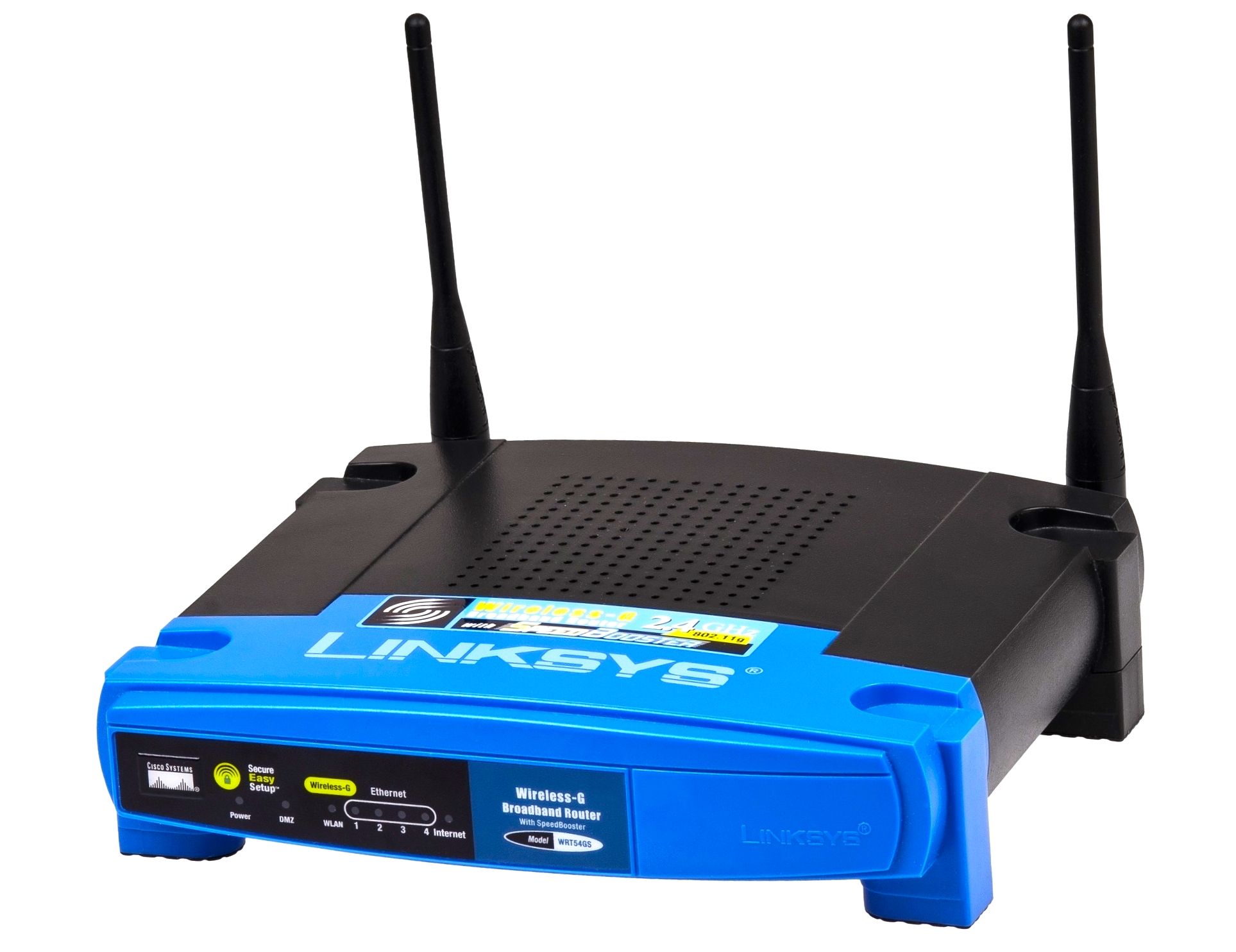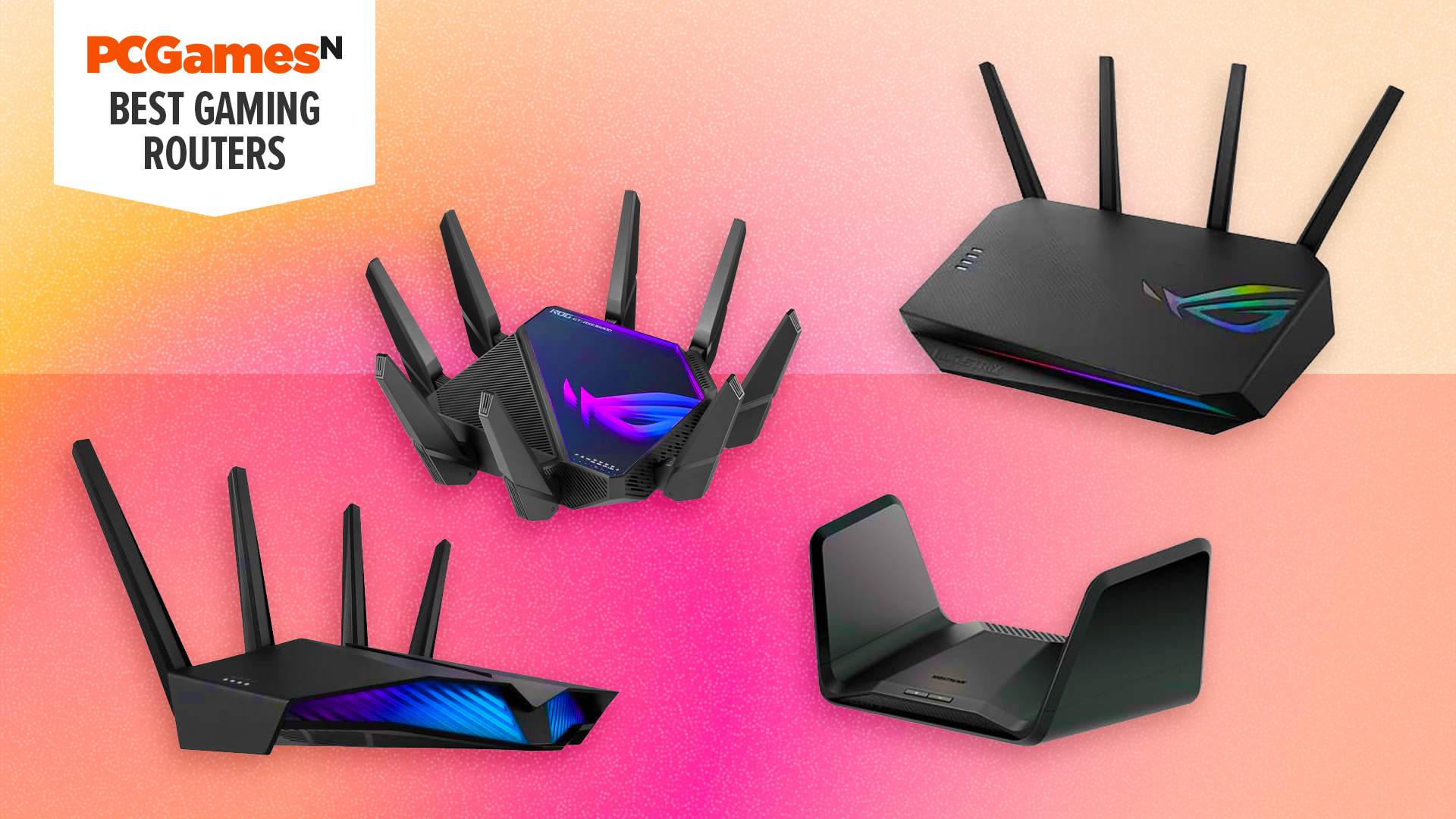In the rapidly evolving world of IoT (Internet of Things), finding the best access RemoteIoT router has become a top priority for both businesses and individuals. As more devices get connected to the internet, ensuring seamless communication between them is crucial for maintaining productivity and efficiency. The right router can make all the difference in how well your IoT network performs.
A RemoteIoT router serves as the backbone of any IoT infrastructure, enabling devices to communicate and share data across distances. Whether you're setting up a smart home, managing an industrial IoT system, or simply looking to streamline your connected devices, having a reliable router is essential.
With numerous options available in the market, selecting the best access RemoteIoT router can be overwhelming. This guide aims to simplify the process by providing in-depth insights into what to look for, the top options available, and how to make an informed decision. Let's dive in!
Read also:Daystar Scandal Latest Uncovering The Truth And Impact
Table of Contents:
- Introduction to RemoteIoT Routers
- Key Features to Look for in a RemoteIoT Router
- Top RemoteIoT Routers in the Market
- Security Considerations for RemoteIoT Routers
- Comparison of Popular RemoteIoT Routers
- Setup Guide for RemoteIoT Routers
- Troubleshooting Common Issues
- Future Trends in RemoteIoT Router Technology
- Cost-Benefit Analysis of RemoteIoT Routers
- Conclusion
Introduction to RemoteIoT Routers
RemoteIoT routers are specialized networking devices designed to connect IoT devices over long distances. Unlike traditional routers, these routers are optimized for low-power consumption, high security, and reliable data transmission. They are particularly useful in scenarios where devices are spread across large areas, such as in agriculture, smart cities, or industrial environments.
Understanding the importance of RemoteIoT routers:
- They provide stable connectivity for IoT devices.
- They ensure secure data transfer between devices.
- They are cost-effective for large-scale IoT deployments.
As the demand for IoT solutions continues to grow, the role of RemoteIoT routers becomes increasingly significant. Businesses and individuals alike must recognize the value of investing in the right router to support their IoT needs.
Key Features to Look for in a RemoteIoT Router
1. Bandwidth and Speed
When selecting a RemoteIoT router, bandwidth and speed are critical factors. The router should be capable of handling the data load generated by multiple IoT devices without compromising performance. According to a report by Statista, the global IoT market is expected to grow to $1.6 trillion by 2025, emphasizing the need for robust networking solutions.
2. Security Protocols
Security is paramount when dealing with IoT networks. Look for routers that offer advanced encryption standards, such as WPA3, and support for firewalls to protect your devices from unauthorized access.
Read also:Discover The Ultimate Guide To Diva Flawless Your Goto Beauty Companion
3. Range and Coverage
The range and coverage of a RemoteIoT router determine how effectively it can connect devices across distances. For outdoor applications, consider routers with enhanced antennas and signal amplification features.
Top RemoteIoT Routers in the Market
In this section, we will explore some of the best access RemoteIoT routers available today. These routers have been selected based on their performance, reliability, and user reviews.
1. Cisco IoT Router
The Cisco IoT Router is renowned for its enterprise-grade features and scalability. It offers advanced security protocols and is ideal for large-scale IoT deployments.
2. D-Link DIR-868L
This router provides excellent performance for home and small business use. It supports multiple IoT devices and offers reliable connectivity with minimal downtime.
3. Ubiquiti Networks EdgeRouter X
The EdgeRouter X is a budget-friendly option that delivers impressive performance. It is suitable for both indoor and outdoor applications and supports a wide range of IoT devices.
Security Considerations for RemoteIoT Routers
Security is a top concern when it comes to IoT networks. A breach in security can lead to significant financial and operational losses. Here are some security considerations to keep in mind:
- Regularly update firmware to patch vulnerabilities.
- Use strong, unique passwords for router access.
- Enable encryption and firewall protection.
By prioritizing security, you can ensure the integrity and confidentiality of your IoT network.
Comparison of Popular RemoteIoT Routers
To help you make an informed decision, we have compiled a comparison table of popular RemoteIoT routers:
| Router Model | Bandwidth | Security Features | Range | Price |
|---|---|---|---|---|
| Cisco IoT Router | 1 Gbps | WPA3, Firewall | 500 meters | $500 |
| D-Link DIR-868L | 300 Mbps | WPA2, Basic Firewall | 200 meters | $150 |
| Ubiquiti EdgeRouter X | 1 Gbps | WPA2, VLAN Support | 300 meters | $80 |
Setup Guide for RemoteIoT Routers
Setting up a RemoteIoT router involves several steps. Here's a step-by-step guide to help you get started:
- Connect the router to your modem using an Ethernet cable.
- Power on the router and access the web interface using the default IP address.
- Change the default login credentials to enhance security.
- Configure network settings, including SSID and password.
- Test the connection to ensure all devices are connected properly.
Troubleshooting Common Issues
Even the best access RemoteIoT router can encounter issues. Here are some common problems and their solutions:
- Slow Connectivity: Check for interference from other devices and ensure the router is placed in an optimal location.
- Device Disconnection: Update the router firmware and reset the network settings if necessary.
- Security Breach: Enable advanced security features and monitor network activity regularly.
Future Trends in RemoteIoT Router Technology
The future of RemoteIoT routers looks promising, with advancements in technology driving innovation. Some key trends to watch out for include:
- 5G integration for faster data transfer.
- AI-driven optimization for improved performance.
- Enhanced security measures to protect against emerging threats.
As technology continues to evolve, RemoteIoT routers will play an increasingly critical role in shaping the IoT landscape.
Cost-Benefit Analysis of RemoteIoT Routers
Investing in a RemoteIoT router can provide significant cost benefits. By ensuring reliable connectivity and reducing downtime, businesses can improve productivity and save on operational costs. Additionally, the scalability of these routers makes them a cost-effective solution for expanding IoT networks.
Conclusion
Selecting the best access RemoteIoT router requires careful consideration of various factors, including performance, security, and cost. By understanding the key features and staying informed about the latest trends, you can make a decision that aligns with your IoT needs.
We encourage you to share your thoughts and experiences with RemoteIoT routers in the comments section below. Additionally, feel free to explore other articles on our site for more insights into IoT technology. Thank you for reading!
Sources:
- Statista - IoT Market Growth
- Cisco - IoT Router Specifications
- D-Link - DIR-868L User Manual


